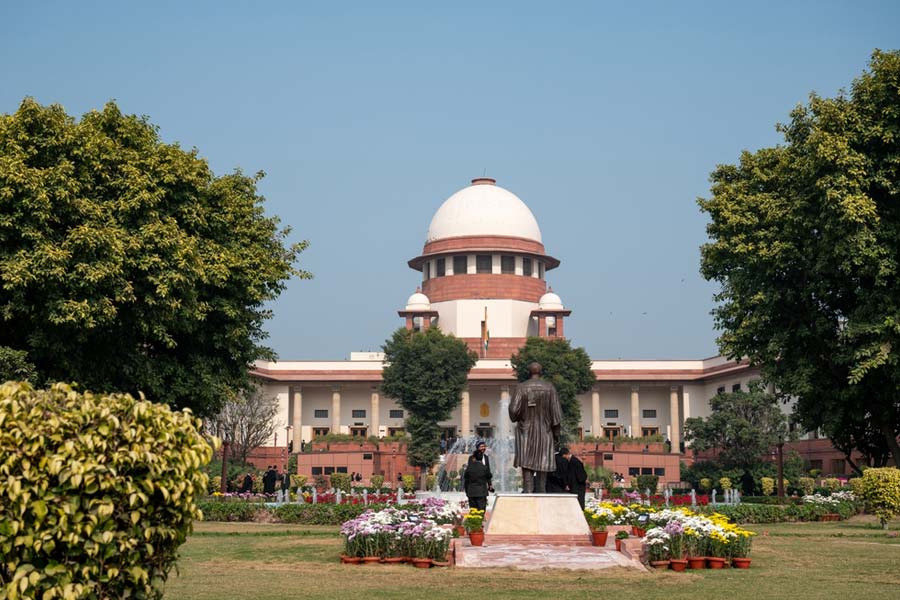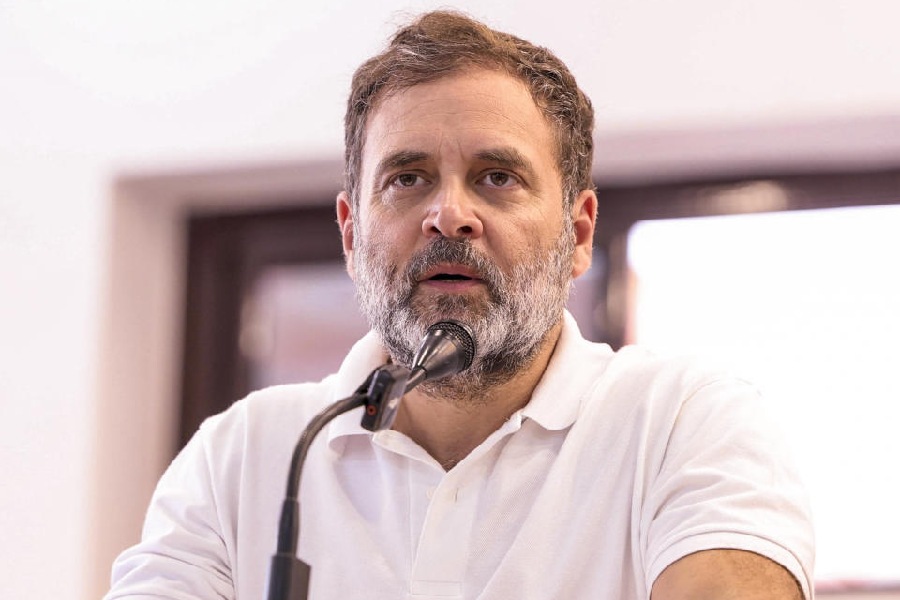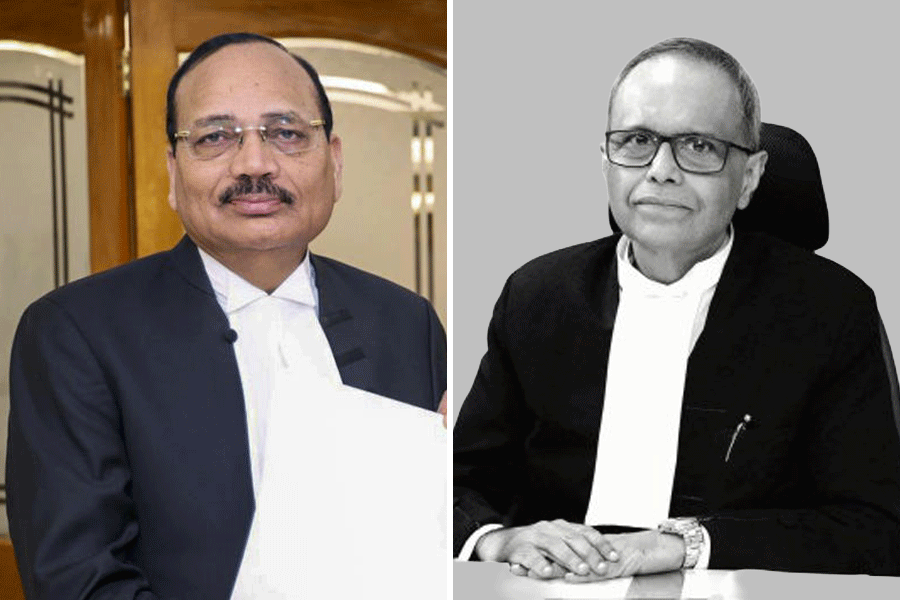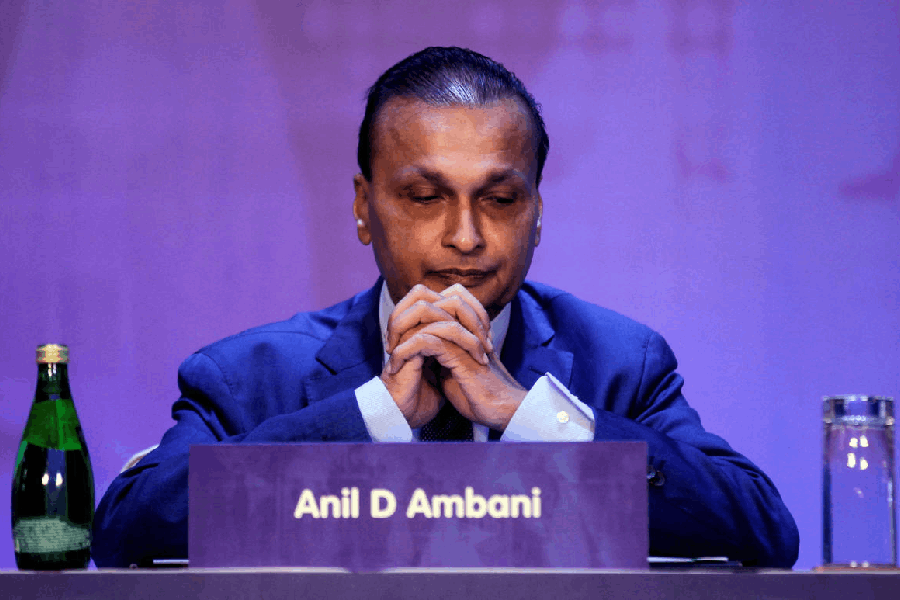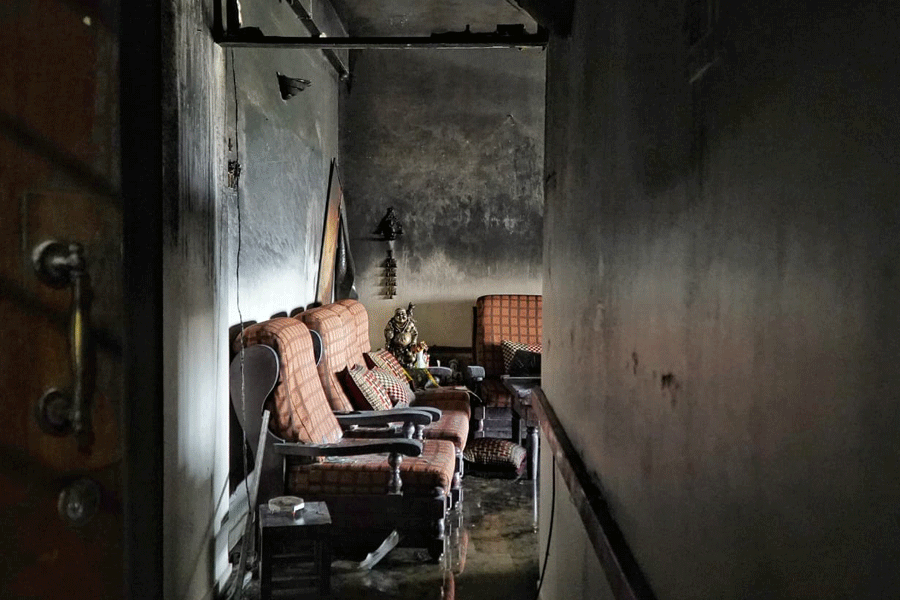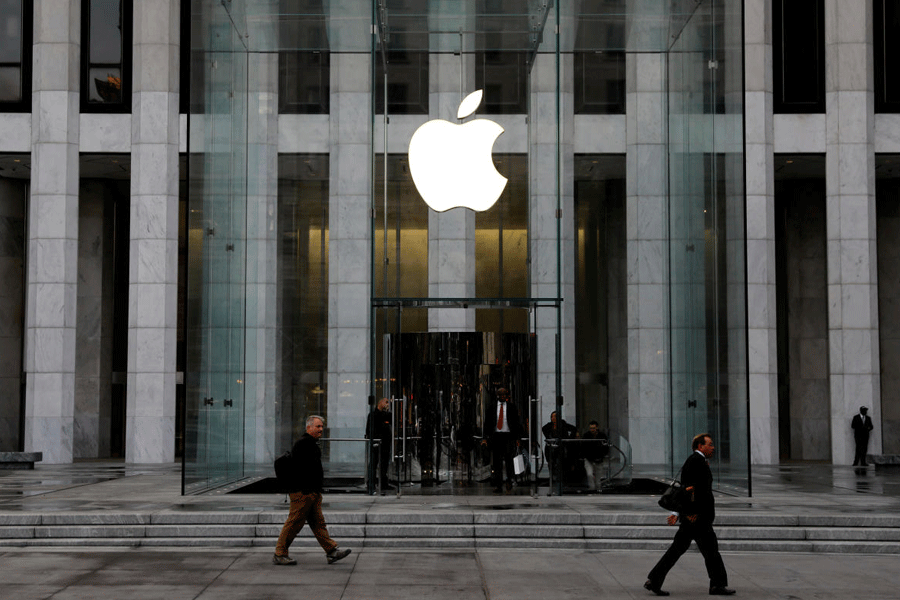In a democracy, laws need not always uphold the spirit of liberty. There can be legislations, meant as safeguards, that may, in fact, act as an impediment to personal rights and liberty. Consider the edifice of preventive detention law in India: it includes, among other legislations, the National Security Act of 1980 and the Unlawful Activities (Prevention) Act of 1967. Preventive detention mandates that a person can be held for a specific period of time sans a trial or a conviction even upon securing bail. The objective is to prevent the individual from committing an offence. What is of significance is that preventive detention, which is usually applied in cases of smuggling and drug-related offences with international ramifications, has a constitutional basis: it has been sanctioned by Article 22(3)(b). But the Constitution is a remarkable document that advocates the balancing of stringent laws with prospects of relief. Thus, Article 22 also prescribes that specific norms should be adhered to while implementing preventive detention.
A bench of the Supreme Court recently iterated the importance of preserving this sense of balance while sharing its views on preventive detention. Quashing an order of preventive detention against a couple in Nagaland, the apex court described this legal deterrent as a “draconian measure” and underlined the need to observe the stipulated safeguards in cases involving this kind of detention. In fact, the quashing of the order of preventive detention in this particular case had been necessitated because several constitutional and statutory safety mechanisms had been ignored by the authorities: for example, the grounds of detainment had been furnished in a language that was, in this instance, not understood by the detainees. There is a case to examine the principle of detention, especially that demanded by draconian laws, in another light. Could it be that the shrill rhetoric of securitisation, routinely applied — weaponised — by authoritarian regimes, may have a deleterious impact on a legal framework that has, over the years, been sensitive to the need to uphold personal liberty? This is not idle speculation. Data bear out the need for such reflection. For instance, an earlier study by the People’s Union for Civil Liberties had shown that less than 3% of arrests under UAPA had led to convictions between 2015 and 2020. The law must have teeth. But draconian legal instruments must not be made to bite those who do not deserve these fangs.

